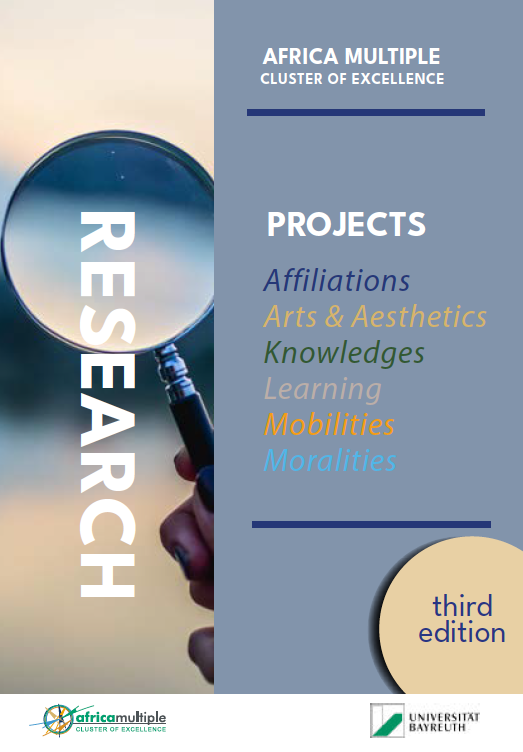Religious engineering – the making of moralities, development and religion in Niger
-
Research Section: Moralities
-
Project duration: 01.01.2020 - 31.01.2025
Summary
Our interdisciplinary research group studies projects of transformation in Niger. These projects are pursued by state and non-state actors who allude in their practices and visions of change to Islam and/or Christianity. Specifically, we are looking at a Salafi organisation, Turkish NGOs and the Turkish state, and Pentecostal churches. We propose the concept of “religious engineering” to analyse those active and conscious attempts to work on the future shape of society where the actors refer to religious resources such as religious knowledges, practices, identities, or institutions. Understanding such projects of changing or improving the Nigerien society as “alternative” projects of transformation, we want to explore epistemologies, practices, and moralities of transformation that leave the well-trodden paths of international development and at the same time reconfigure religious traditions. Based on these different cases, we study how the actors work towards the change they consider necessary and possible, and in which ways they relate to religious resources as well as to other actors and projects, donors, and target groups. We are particularly interested in the moral making of this “otherwise” and the moralities generated in and through transformative practices.
Key Questions
Central questions address the attempts of religious agencies to shape the future of Nigerien society as acts of “religious engineering”. We ask which changes and thus futures are considered possible, which are aspired to and worked towards, and how future-making, moral practice, and religion are connected in these projects of transformation. At the heart of Hamissou Rhissa Achaffert’s project, Activisme religieux et vision d’une société juste au Niger: ethnographie d’un projet de transformation sociale au sein de l’association Ihyaous Sounnah, is the question of how a local Salafi association mobilises religious knowledge as a moral and epistemological resource, not only to determine the actual state of Nigerien society, but also to promote an alternative approach to establish a moral and just society. The project of Abdoulaye Ibrahim Bachir, Transformative Practices of Turkish Islamic NGOs in Africa: The Case of Niger, focuses on the humanitarian activities of Turkish Islamic NGOs in Niger and asks how these NGOs practice charity and Muslim identity and thereby develop a transformational ethics that adopts coloniality as a moral discourse. Overall, we ask how the actors’ practices mutually influence and shape each other’s projects in a context characterised by a diversity of moral visions of the future of Nigerien society (future visions of e.g., international development, decolonial Muslim or/and Islamist groups, security actors, climatologists). In particular, with regard to their aspirations of a good life, their moral claims, concerns and judgments, and their transformative practices, we focus on the relational processes through and in which the moral projects come into being.
Methods and Concepts
With the concept of “religious engineering” (Spies, Schrode 2020), our research explores a new conceptual framework to approach the interconnections of transformative action, ethics, and religion. We also follow the Research Section’s central principle to conceptualise moralities as “doing ethics” and thus study practices and interactions in and through which moral judgements, evaluations, concerns, and claims emerge. Working with ethnographic methods, we focus on ways of “practicing ethics”, as they are central to the transformative projects under study. This means we are especially interested in how bodily practices, technologies, distribution patterns, or infrastructures shape and are shaped by what is considered moral.
Vision
We aim to contribute to academic as well as policy-related discussions on the religion-development-nexus, including questions on social change as moral project. Researching the landscape of religious activists in Niger, their self-understandings, concerns, interests, as well as references to notions of development and social transformation, our interdisciplinary project will further a better understanding of the moral making of an “otherwise”. By this, we intend to go beyond the discursive field as defined by international development and its universalising ethics of a good life, and instead learn about the alternative ways, how transformation and “improvement” is being thought about or approached practically. Finally, the study of different projects of transformation and the ethical dynamics involved in defining and working towards change will highlight the relational character of diverse approaches and practices despite their sometimes essentialising tone.
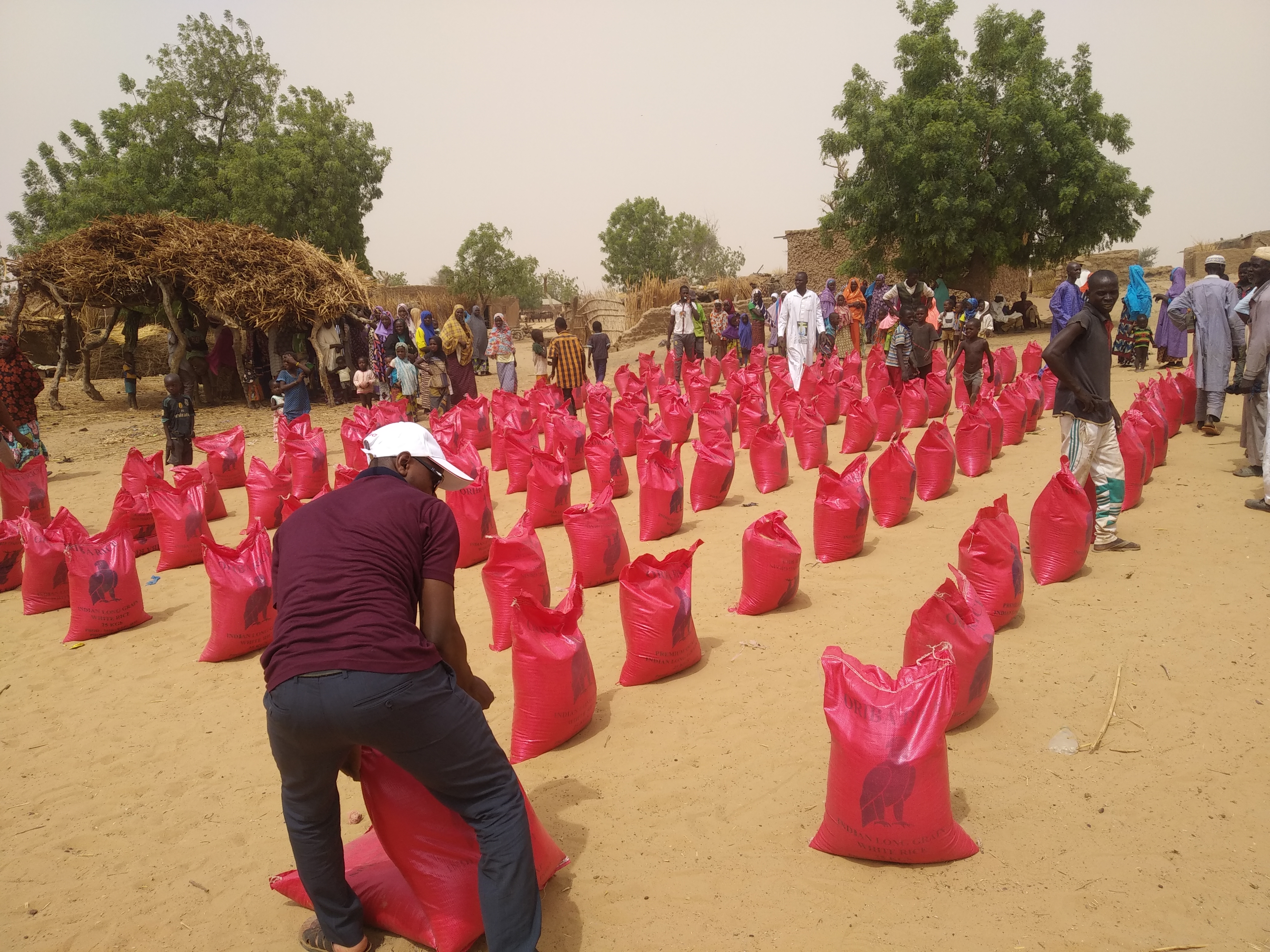
The picture was taken during Ramadan 2021 in a village in Niger. It shows the distribution of food by the Turkish NGO Humanitarian Relief Foundation (IHH). Photo: Abdoulaye Ibrahim Bachir
Contribution/Relation to the Cluster’s Aims & Goals
The project develops a new conceptualisation of what is usually referred to as a “pluralisation” of social norms and moral claims caused by the multitude of international interventions in Africa since colonial times. Instead of studying ethics as discrete principles and rules that clash or multiply in contexts of competing transformative projects, we conceptualise moralities as products of practices and thus as embedded in and generated by relational processes. Thereby, we approach moralities as expressions of multiplicity by studying the relations in and through which they emerge. We see processes of doing ethics as part of the every quest for change. Learning from people in Niger how “transformation” is epistemologically anchored, how a “just society” or a “better future” is aspired to, and how moral claims, concerns, and judgements connect, conflict, or overlap when change is approached practically, will help us to think through the project of “reconfiguration”.
Project Team
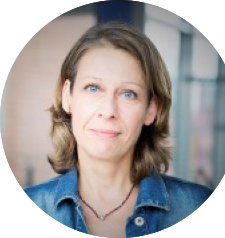
Prof. Dr. Eva Spies
Professor for the Study of Religion with Focus on Africa
University of Bayreuth
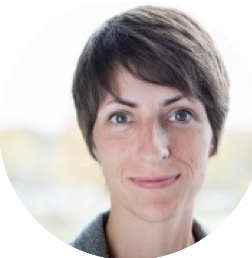
Prof. Dr. Paula Schrode
Professor for the Study of Religion with Focus on Contemporary Islam
University of Bayreuth
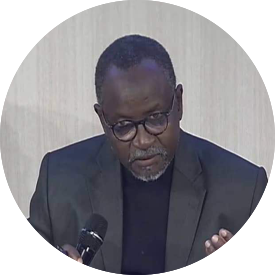
Prof. Dr. Mahaman Sanoussi Tidjani Alou
Professor of Political Science
Abdou Moumouni
University of Niamey, Niger
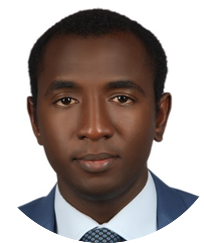
Abdoulaye Ibrahim Bachir
Doctoral Student
University of Bayreuth
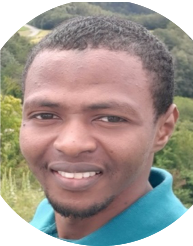
Hamissou Rhissa Achaffert
Doctoral Student
University of Bayreuth
Further Links / Key References
For a deeper understanding of our concepts the article
- Eva Spies & Paula Schrode (2020): Religious engineering: exploring projects of transformation from a relational perspective. Religion. DOI: 10.1080/0048721X.2020.1792053 might be of interest.
- Find more information here: https://www.africamultiple.uni-bayreuth.de/en/Research/ 1research-sections/moralities/Religious-engineering_/index.php
Religious engineering. The making of moralities, development and religion in Niger
Research Team
- Ibrahim Bachir Abdoulaye, University of Bayreuth
- Hamissou Rhissa Achaffert, University of Bayreuth
- Prof. Dr. Paula Schrode; Study of Religion; University of Bayreuth
- Prof. Dr. Eva Spies (PI); Study of Religion; University of Bayreuth
- Mahaman Sanoussi Tidjani Alou; Political Science; Université Abdou Moumouni Niamey, Niger
Summary
Our interdisciplinary research group studies religious projects of transformation in Niger in their relation to international development. Understanding such projects of improving, developing or transforming the Nigerien society as mutually influencing ethical projects, we want to explore moralities in the making. Along the lines of different cases, we will study how actors relate to “religion” as well as to other actors, projects of transformation, donors, target groups and the state, and ask how and which moralities are generated in and through such multiple processes of relating. Ethics/moralities are thus not conceptualised as the many discrete principles and rules that clash in contexts of competing ethical projects, but as out-comes of the practices and performances of doing ethics.
We introduce the concept of “religious engineering” to describe the transformative efforts of actors who refer to religious resources. In case studies of transnational and local Islamic organisations (Tidjani Alou & Hamissou Rhissa Achaffert), African Pentecostal churches and their social services (Spies) as well as organisations affiliated with the Turkish state (Schrode & Ibrahim Bachir Abdoulaye) we seek to identify kinds of relations (e.g. personal, conceptual, material), modes of relating (e.g. comparing, ignoring, rejecting), and the specific meshworks that make up the particular project of transformation. By this, we aim to show how in contexts of competing, conflictive or incommensurable projects of transformation, moral ends and means are expressed, performed and thus generated. Our objective is to better understand dominant modes of doing ethics, as well as the processes through which they feed back in and (possibly) change ongoing developmental situations and religious practices in Niger.
Duration
Project from 01/2020 to 01/2025.


